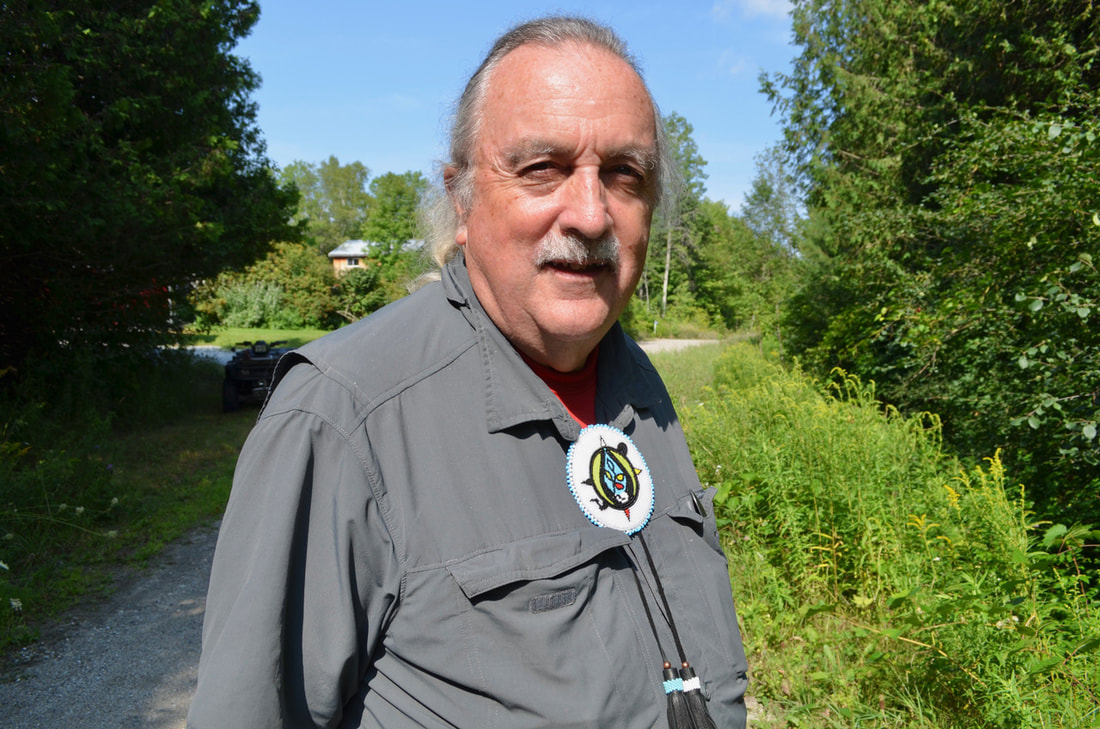 When I think back upon our initial work with Mayan communities in 1976 through the evolution of our mission, that increasingly emphasised engagement with Indigenous peoples within Central and South America, Africa, the Caribbean and Canada, I’m tremendously proud of our now historic and trend-setting accomplishments. It seems as though the world is finally catching up, or at least beginning to wake up. In the early 90s, opposition to this transition was significant. From the ranks of the Plenty Canada board through the halls and offices of the Canadian International Development Agency, their existed virulent resistance. Keep in mind that the United Nations Declaration on the Rights of Indigenous Peoples would not be adopted by the General Assembly until 2007. And Canada, remarkably, was one of only four countries that voted against its acceptance, the others being Australia, New Zealand, and the United States. It wasn’t until 2016, nine years later, that the Declaration was finally endorsed by the Government of Canada. Further, the country is still hashing out a framework for how to incorporate UNDRIP into Canadian law. While Plenty Canada has been intellectually engaged in Indigenous policy matters and been working directly with Indigenous partners around the world on tangible and useful projects for their communities for decades, it seems that only recently have the true consequences of the historic injustices toward Indigenous peoples been revealed. Of course, we know different and prefer not to think it would take the discovery of mass graves of Indigenous children buried at the sites of former residential schools to create the seismic awakening so fully needed within Canada. Which is why I’m so thankful to you, our donors and partners, for the support you’ve provided Plenty Canada over the course of our journey, one that has advocated for and supported Indigenous peoples within Canada and internationally. We know the Indigenous world as a place of great humanity, knowledge, and cultural wisdom, of philosophies and teachings that if integrated broadly into society could have mitigated against rapacious greed and the accelerating destruction of our environment and atmosphere. The disregard of Indigenous knowledge systems has come at a terrible cost, one measured by loss of biodiversity and habitable lands that have otherwise sustained life for millennia. But if we haven’t listened before, it’s certainly time to listen now. In this issue of contact, we report on Plenty Canada projects that continue to express our core values. For example, our recently approved project funded by the Greenbelt Foundation, Wisdom from Knowledge: Documenting and Sharing the Indigenous Biocultural Richness of the Greenbelt, seeks to bridge Indigenous traditional knowledge systems with Western science. It is being paired with another of our innovative projects, The Great Niagara Escarpment Indigenous Cultural Map, to gather Indigenous knowledge and scientific data and resources to establish a repository of information that will enhance awareness of the importance of preserving natural world ecosystems and green spaces to safeguard Indigenous flora. These and other stories, I hope, continue to reveal our honourable principles and intentions. I thank the members of our intelligent and dedicated staff who’ve contributed to this edition of our electronic newsletter and hope you enjoy reading it! Chi Miigwech. Niá:wen. Merci. Thank you. Larry McDermott Executive Director Plenty Canada
0 Comments
Your comment will be posted after it is approved.
Leave a Reply. |
|
-
Home
- Donate
-
Projects
-
Canada
>
- Plenty Canada CampUs
- The Healing Places
- Two-Eyed Seeing Bird Knowledge
- Niagara Escarpment Biosphere Network
- Greenbelt Indigenous Botanical Survey
- Great Niagara Escarpment Indigenous Cultural Map
- Ginawaydaganuc Indigenous Food Sovereignty
- Indigenous Languages and Cultures Programs >
- Wild Rice
- Good Mind Grappling (partnership)
- Ginawaydaganuc Village (partnership)
- Youth Programming >
- Americas >
- Africa >
-
Canada
>
- News
- Resources
- Partners
- Contact Us
Our Location266 Plenty Lane Lanark, Ontario Canada K0G 1K0 (613) 278-2215 |
Donate to
|
Subscribe to our Newsletter |

